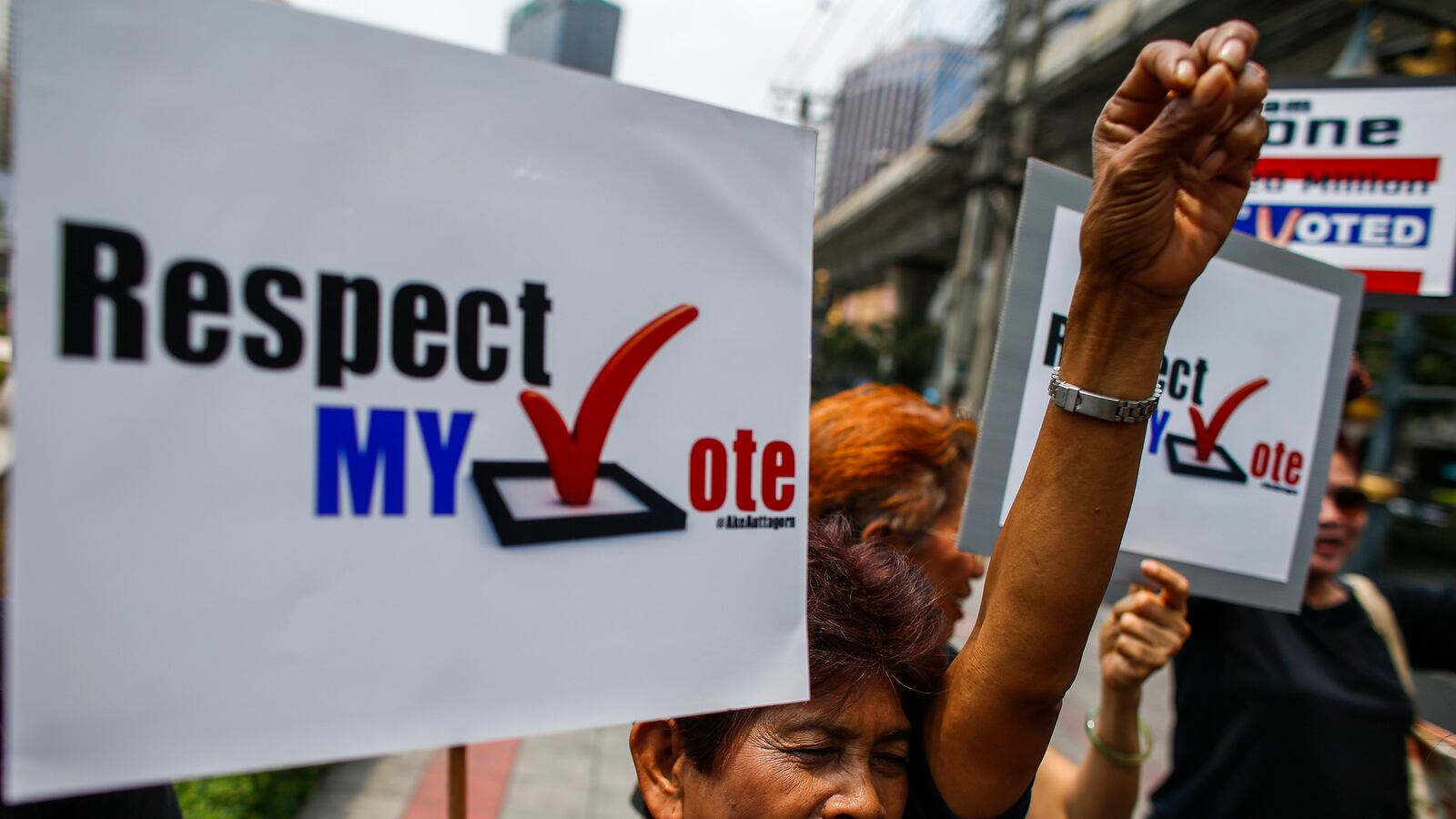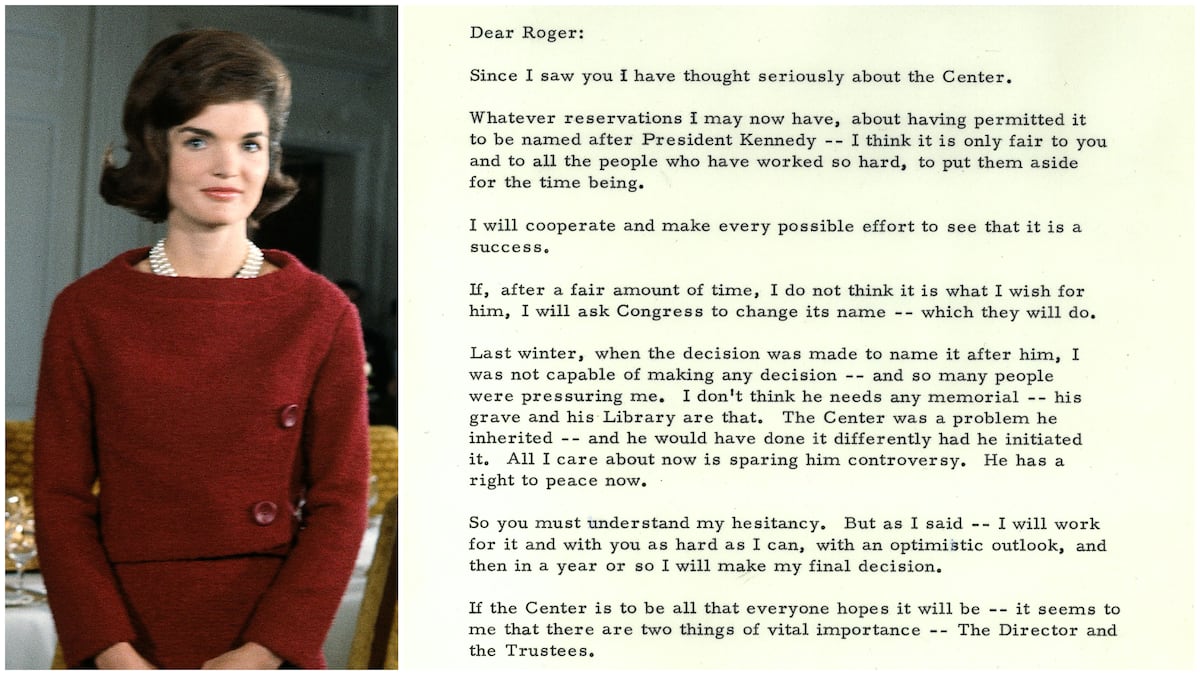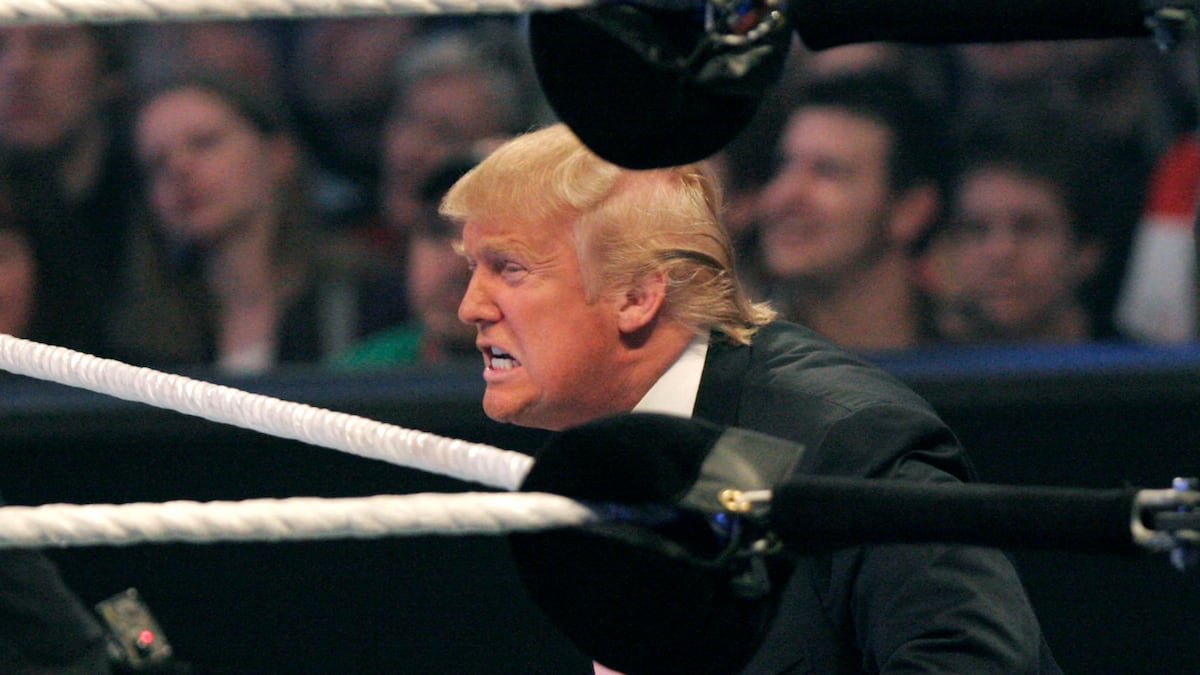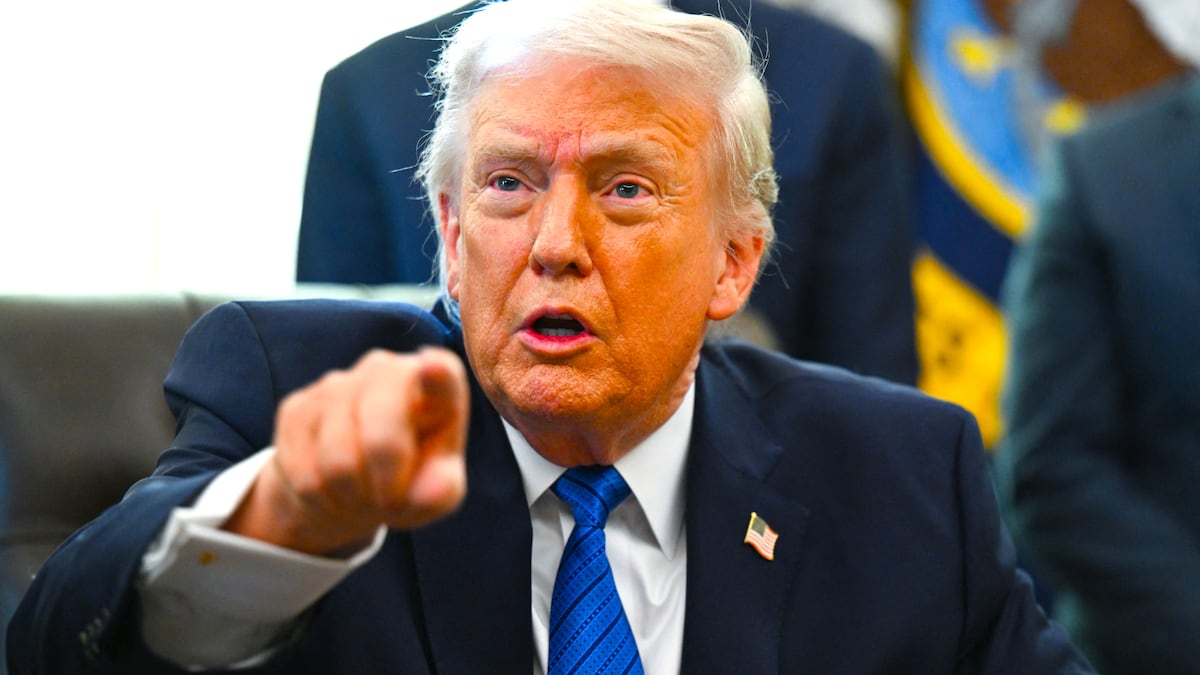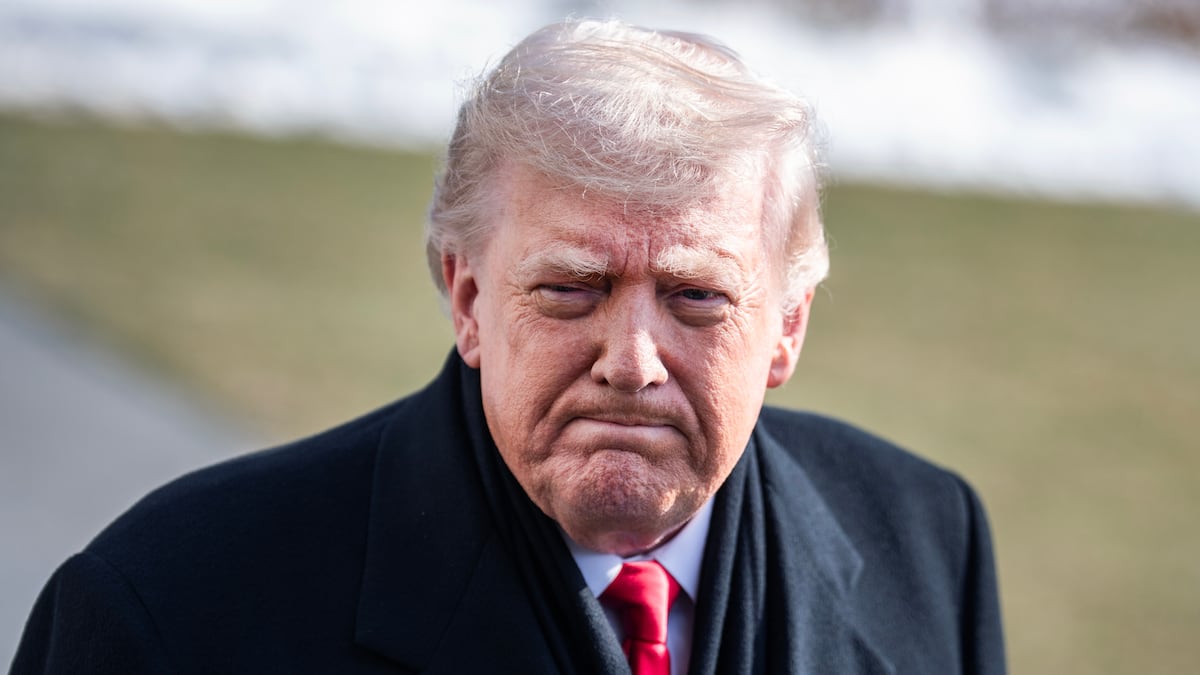BANGKOK — Thailand’s Constitutional Court has voided the country’s latest elections in a move sure to deepen the country’s ongoing political crisis. The ruling that nullifies the February 2 vote puts more heat on Prime Minister Yingluck Shinawatra’s wobbly caretaker government. It also raises the prospect of more bloody confrontations in the bitter long-running battle for political and economic control of this Southeast Asian kingdom.

Protesters determined to topple the government have been on the streets of Bangkok for more than four months in a campaign that so far has seen more than 20 people killed and scores more injured. Supporters of Yingluck and her exiled brother, former Prime Minister Thaksin Shinawatra, are concentrated in the north and northeast of the country and have not taken to the streets so far. But developments such as the Friday ruling, and a decision against Yingluck in a pending impeachment action by the National Anti-Corruption Commission, could easily lead to eruptions of renewed violence in the capital and elsewhere.
A well-informed government source tells The Daily Beast that government supporters, so-called Red Shirts, have declared a red line around the impeachment of the prime minister. They are planning to stage major demonstrations if the commission moves against her. Thousands of protesters would then flood into Bangkok from Shinawatra strongholds in Chiang Mai and Udon Thani.
Just last week, the Red Shirts' umbrella movement, the United Front for Democracy Against Dictatorship, selected hardliner Jatuporn Promphan as its chairman, raising fears that more violence could be on the horizon. Jatuporn led the Red Shirts in 2010 when they staged huge protests and took over downtown Bangkok--which culminated in a violent crackdown by a government then in the hands of Shinawatra opponents. More than 90 people were killed.
Government supporters called the court’s ruling part of an all-out effort by Thailand’s traditional ruling classes to prevent real democracy from taking root and to remove the populist threat to their power posed by the Shinawatras and their allies in the Pheu Thail party.
“This is not a surprise,” says Sean Boonpracong, a Yingluck national security adviser. The Constitutional Court is “absolutely part of the old guard trying to usurp power,” he tells The Daily Beast. The court’s 6-3 decision is “a politically motivated ruling.”
“There has been a shift in paradigm—an emerging middle class, more or less committed to democracy, that is on the rise; but an elite ruling class battling against that,” says Boonpracong. “These are people who wrote the rules after the coups in this country, and who nevertheless lost the 2011 election [when Yingluck and Pheu Thai won handily], but won’t recognize the new paradigm. They can’t adjust, and are still trying to control the country.”
A spokesman for the leading protest group, the People’s Democratic Reform Committee, had a far different take. In a text message to The Daily Beast, Akanat Promphan said, "Today's Constitutional Court ruling shows that the Yingluck administration's insistence on holding elections—despite the lack of national readiness—is at fault. The crux of the matter is not the date of the next elections, but ensuring that elections are free, fair, and clean. The court ruling presents the opportunity for Thailand to implement the necessary reforms to achieve this so we can all move forward together as a nation."
The PDRC insists that no election be held ahead of vague “reforms” designed none too subtly so as to undermine the Shinawatras’ populist majority. It also wants an unelected royal commission be appointed to oversee and implement such measures. That position is shared by the leading opposition Democrat Party, which boycotted the February 2 election and is already indicating it may not contest a new election. Yingluck’s Pheu Thai maintains that any reforms can be pursued after voters democratically elect a new parliament and government.
The Constitutional Court’s ruling held that the February vote violated the requirement that elections be completed in a single day. In fact, protests and disruptions prevented millions of Thais from voting in 28 of 375 precincts, and the court on Friday stated that holding a new vote in those constituencies would be legally “impossible because it would mean the elections were not held on the same date throughout the kingdom." Therefore, according to the court majority, an entirely new round of elections is required.
The ruling comes amid suspicion about the impartiality of the high court, the judiciary generally, and entities such as the National Anti-Corruption Commission. The commission has accused Yingluck of malfeasance in a rice-subsidy program aimed at improving the incomes of Thai rice farmers.
“The most frightening aspect of today’s decision is not the nullification of the election, but rather the nullification of the constitution and self-destruction of the court’s legitimacy,” legal scholar Verapat Pariyawong told The Daily Beast in an email. “By acting in such flagrant contradiction of the Constitution, the court is elevating its status from mere opponent of politicians to the enemy of democracy,” he said.
Critics of the ruling argue that, having failed to defeat the ruling party at the ballot box or induce the Thai Army to stage a coup, opponents have turned to the judiciary to oust Yingluck and her party.
As Verapat notes, since it was anti-government protesters who prevented a complete election on February 2 by blocking voters at some polling stations and forcing a number of election officials to abandon their posts “the reasoning of the court is paving ways for anyone to have the power to nullify an entire election simply by obstructing candidates from registering in a single district.” The same court had refused to rule against the protest movement, thus opening the way for the obstruction in the first place, says Verapat.
Several sources have told The Daily Beast that the ultimate goal of government opponents is to bring down Yingluck by the start of the Thai new year celebrations, a festival called Songkran. If so, the prime minister doesn’t have much time left. Songkran starts April 13.

